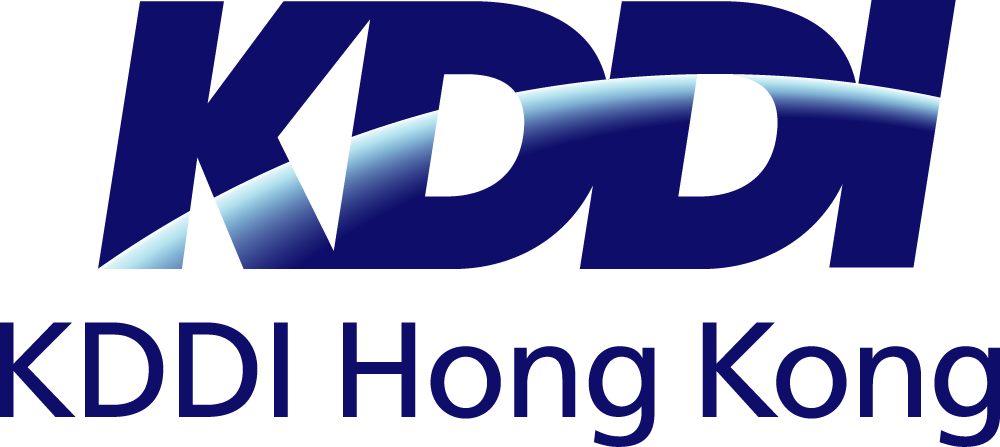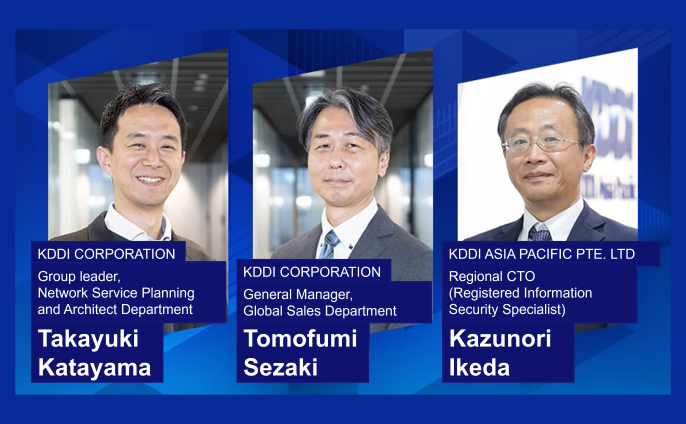This business platform is composed of three key layers: the "network layer," which provides optimal networks tailored to the needs of each industry; the "data layer," which securely accumulates, integrates, and analyzes companies' data; and the "vertical layer," which fine-tunes and delivers the necessary AI and software for digital transformation specific to each industry.
The network layer's notable features include 5G and other communication lines as well as globally expanding IoT networks alongside a 24/7/365 monitoring and operational framework.
"We provide IoT services to approximately 50 million customers worldwide, and about 26 million connected services across the globe utilize our platform. One of our strengths is our ability to operate and monitor this extensive global network as a single, unified system which is not segmented by region," explains Kuwahara.
Additionally, KDDI owns over 45 data centers globally, which serve as the backbone of the WAKONX platform's data layer. These data centers, include "connectivity data centers," link with various global mega-platforms, telecom carriers, and Internet providers. As AI usage accelerates, the value of these connectivity data centers is expected to increase. KDDI is also developing large-scale computing infrastructure to support more general AI models and setting up data clean rooms to safely combine and analyze data from different companies.
In the vertical layer, KDDI aims to accelerate the digitalization of various industries by standardizing tools that can be shared across different sectors. For example, KDDI develops and offers optimized solutions tailored to address the unique challenges of specific industries such as logistics, broadcasting, and mobility.
The hallmark of WAKONX is its integration of KDDI's latest AI technologies in all operations and service offerings across these three layers, thus accelerating business efficiency and automation.
Kuwahara elaborates: "AI is central to all three layers of our platform. Our efforts in AI are focused on three main areas.






























